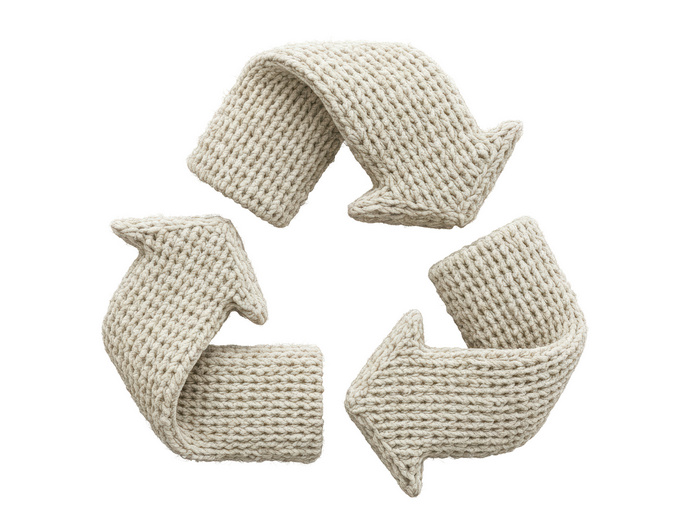Nano-structured polymer-based materials from scrap
Scrap materials, including those left over from consumption as well as those left over from production but not useful for a variety of reasons, comprise a vast range of reclaimable materials of potential use in other products. European researchers supported by funding of the ‘Innovative molecular modelling approach to upgrade polymeric materials from post industrial rejects’ (MOMO) project sought to develop tailor-made multi-component polymer blends from so-called post-industrial rejects, thereby extending their life-cycle and diminishing their negative environmental impact. Reclamation of scrap was seen as an important part not only of recycling but of cost reduction and elimination of waste. The properties of nanocomposites change significantly depending on the types of matrix and filler used as well as their amounts. Polymer blends of interest included polycarbonates (PCs), polymethyl methacrylate (PMMA) and acrylonitrile butadiene styrene (ABS). Investigators focused on embedding nanoparticles in the polymer matrices to obtain novel materials with thermal resistance and stability together with transparency and mechanical strength. In particular, nanofillers such as nanoclays or nanopowders were of interest to improve mechanical properties and mouldability. MOMO researchers developed modelling protocols for pure polymers, polymer blends, polymer nanocomposites and nanoclays. With the simulation tools, investigators evaluated the dispersion of nanoclays in polymers and polymeric blends and studied how production technologies including injection moulding, fibre spinning and extrusion could be used to process novel nanocomposites in a cost-effective and optimal manner. The MOMO consortium developed four demonstrators to assess project outcomes and facilitate commercialisation. Results are of particular importance to the lighting, automotive, construction and textile industries. Commercial exploitation could thus provide a competitive edge to numerous sectors of the European economy as well as enhance sustainability and help the planet.







